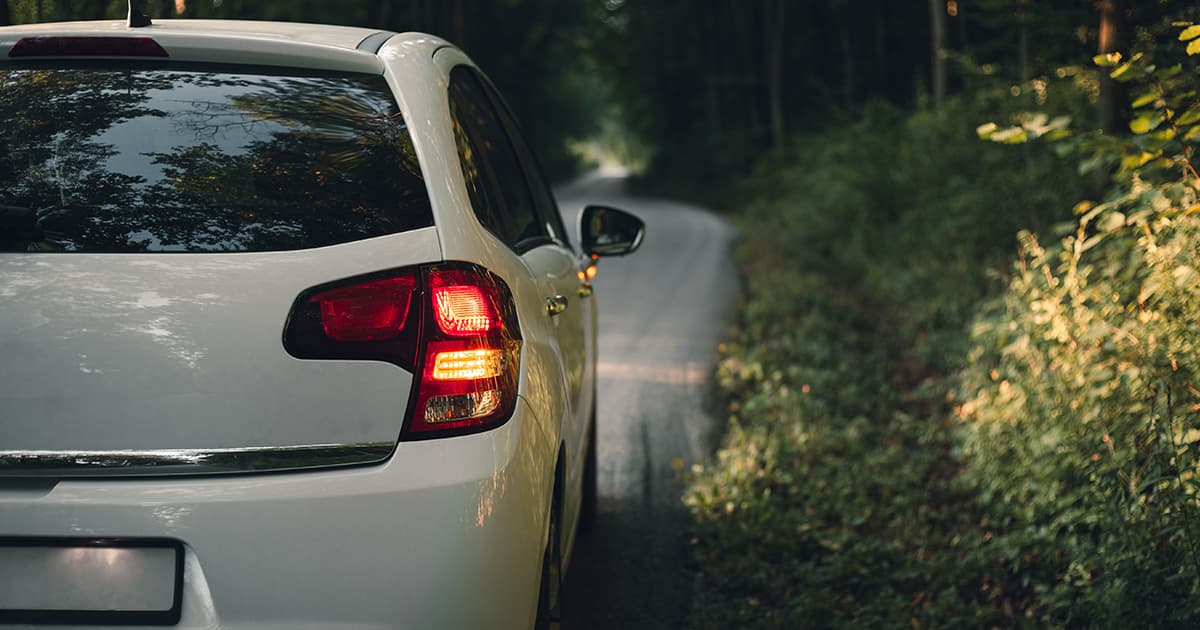What are the 10 Worst Driving Habits?

When you're on the road, driving safely should always be your top priority. At times, though, even the most experienced drivers and careful drivers can fall victim to bad driving habits.
These bad driving habits not only put you and other drivers at risk, but they can also increase your car insurance premiums.
Fortunately, with some awareness and dedication, these habits can be fixed.
Let's dive into the 10 worst driving habits and how you can kick them for good:
Distracted driving
The problem: We live in a digital age, and the temptation to check our phones, adjust the GPS, or even eat while driving can be overwhelming. Distracted driving is a leading cause of accidents.
The solution: Use hands-free devices, set your GPS before you start the car, and pull over if you need to send a text or make a call. Make it a rule: if you're driving, the phone is off limits.
Tailgating
The problem: Following too closely reduces the time you have to react if the car in front of you stops suddenly. It's not only dangerous but also aggressive and intimidating to the driver in front.
The solution: Follow the three-second rule. Find a stationary object like a signpost. When the car in front passes it, start counting. If you pass it before you reach three, you're too close.
Not using turn signals
The problem: Turn signals communicate your intentions to other drivers. Neglecting to use them can lead to collisions and confusion on the road.
The solution: Make it a habit to use your signals every time, even if you think no one is around. It's better to over-communicate than not at all.
Speeding
The problem: Speeding reduces your reaction time, increases stopping distance, and increases the severity of accidents.
The solution: Obey posted speed limits. Remember, they're set for a reason. Consider using cruise control on highways to maintain a constant speed.
Driving under the influence
The problem: Alcohol and drugs impair judgment, coordination, and reaction times. DUIs lead to a significant portion of fatal accidents.
The solution: Always designate a sober driver or use ride-sharing apps. Remember, if you've had too much to drink, even one drink for some, don't drive. Don’t drive while high on drugs.
Running red lights and stop signs
The Problem: This is a blatant disregard for traffic laws, leading to potential T-bone or side-impact collisions.
The solution: Always come to a complete stop at stop signs, and never try to "beat" a yellow light. Patience can save lives.
Improper lane changes
The problem: Weaving in and out of traffic or not checking blind spots can result in collisions or force other drivers to brake suddenly.
The solution: Always check your mirrors and blind spots, signal your intentions, and ensure there's enough space to make the lane change safely.
Not adjusting to weather conditions
The problem: Rain, snow, fog, and ice can significantly reduce visibility and road traction.
The solution: Reduce speed during adverse weather conditions and increase following distance. Turn on headlights in fog or heavy rain, and if conditions are too bad, consider postponing your journey.
Using high beams inappropriately
The problem: High beams can blind oncoming drivers, increasing the risk of accidents.
The solution: Only use high beams when necessary and always switch to low beams when you see an oncoming vehicle or when you're following another car.
Neglecting regular maintenance
The problem: Overlooking basic maintenance can lead to reduced vehicle performance, higher chances of breakdowns, or even accidents.
The solution: Follow your vehicle's maintenance schedule. Regularly check tire pressure, oil levels, and brakes. A well-maintained vehicle is a safer vehicle.
The path to safer driving starts with recognizing and rectifying bad habits. Not only will you reduce the risk of accidents, but you may also enjoy lower insurance premiums as a bonus.
Remember, every time you're behind the wheel, you're not only responsible for your safety but the safety of everyone around you. So, break those bad habits, drive smartly, and keep our roads safer for everyone.



